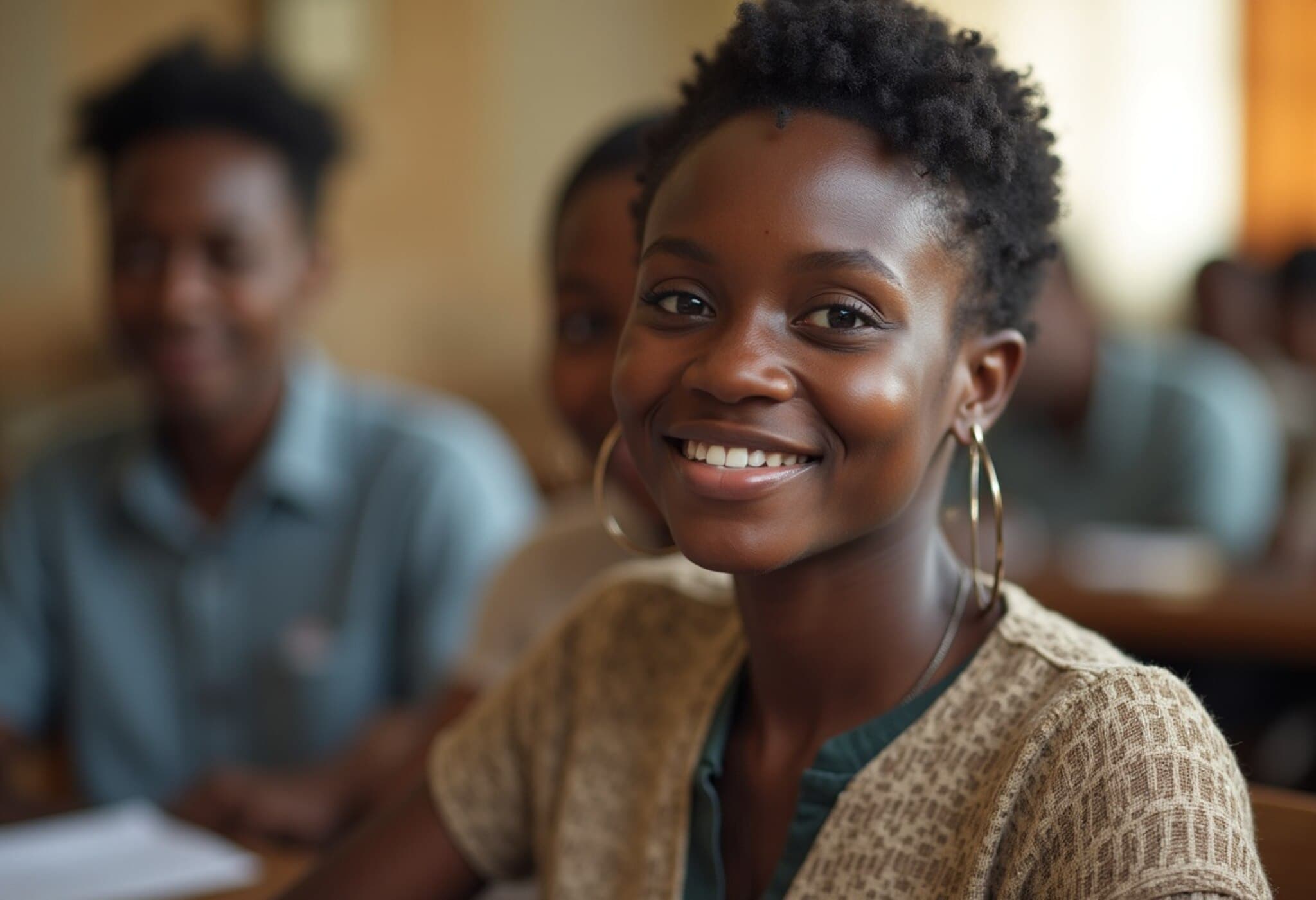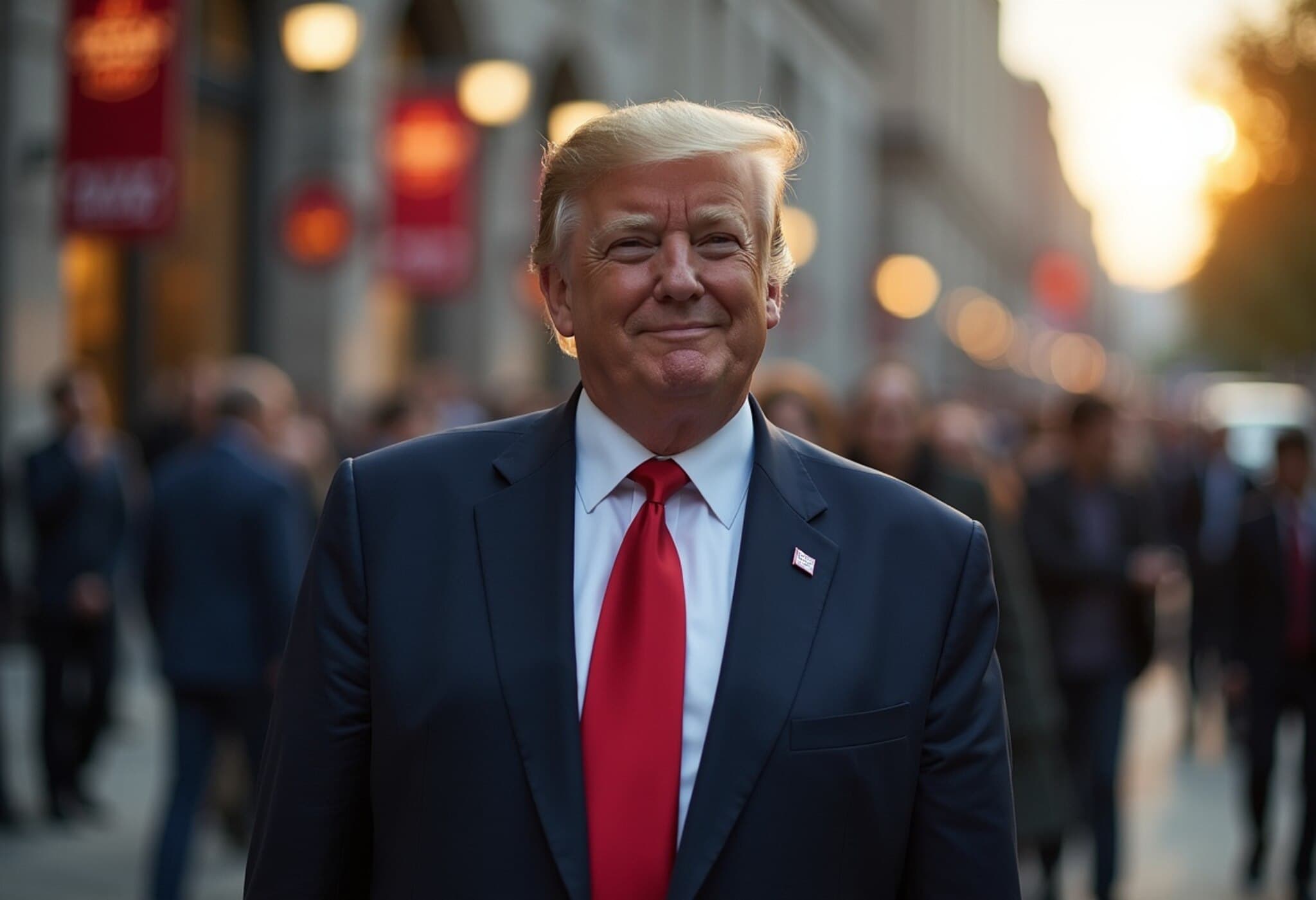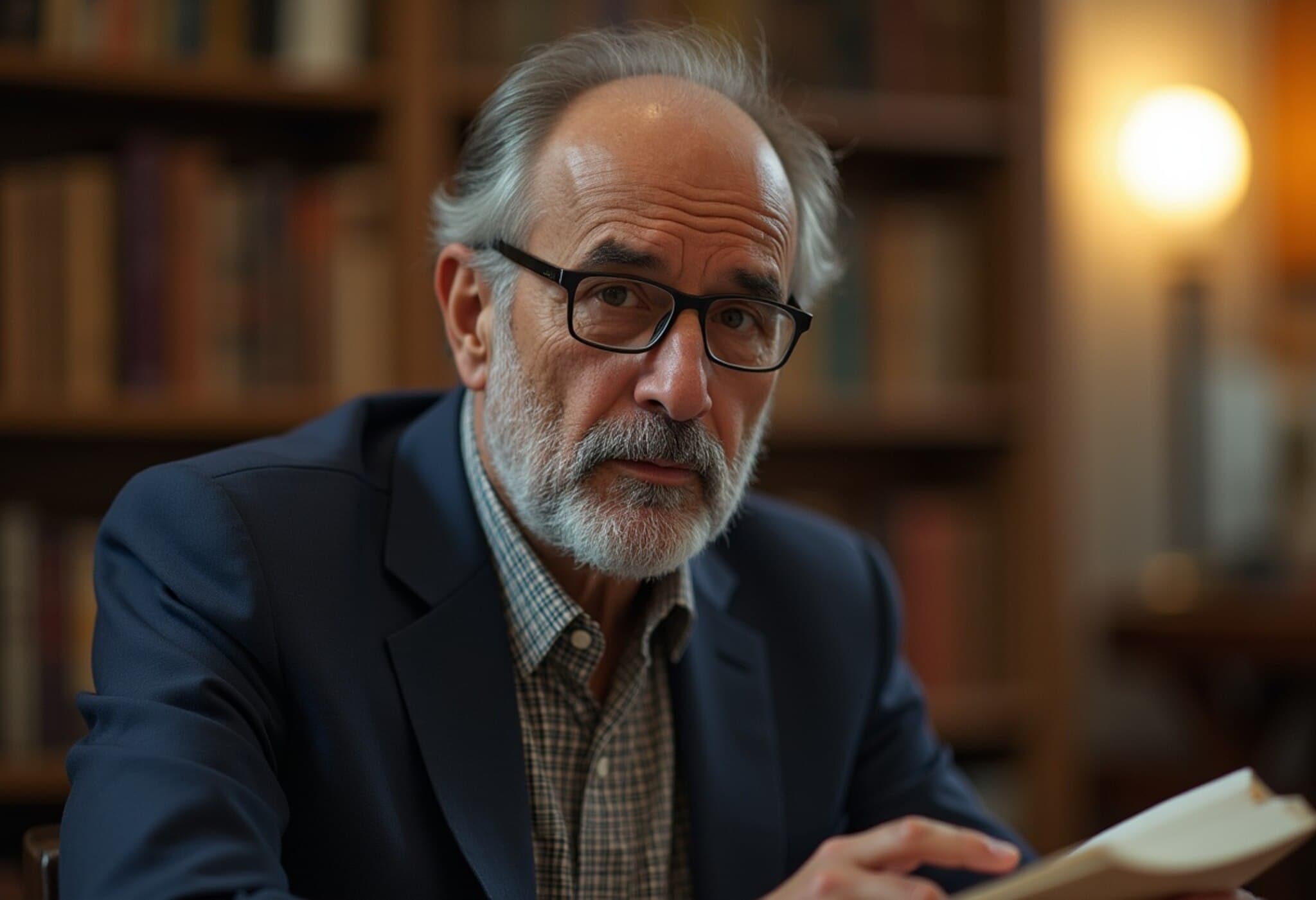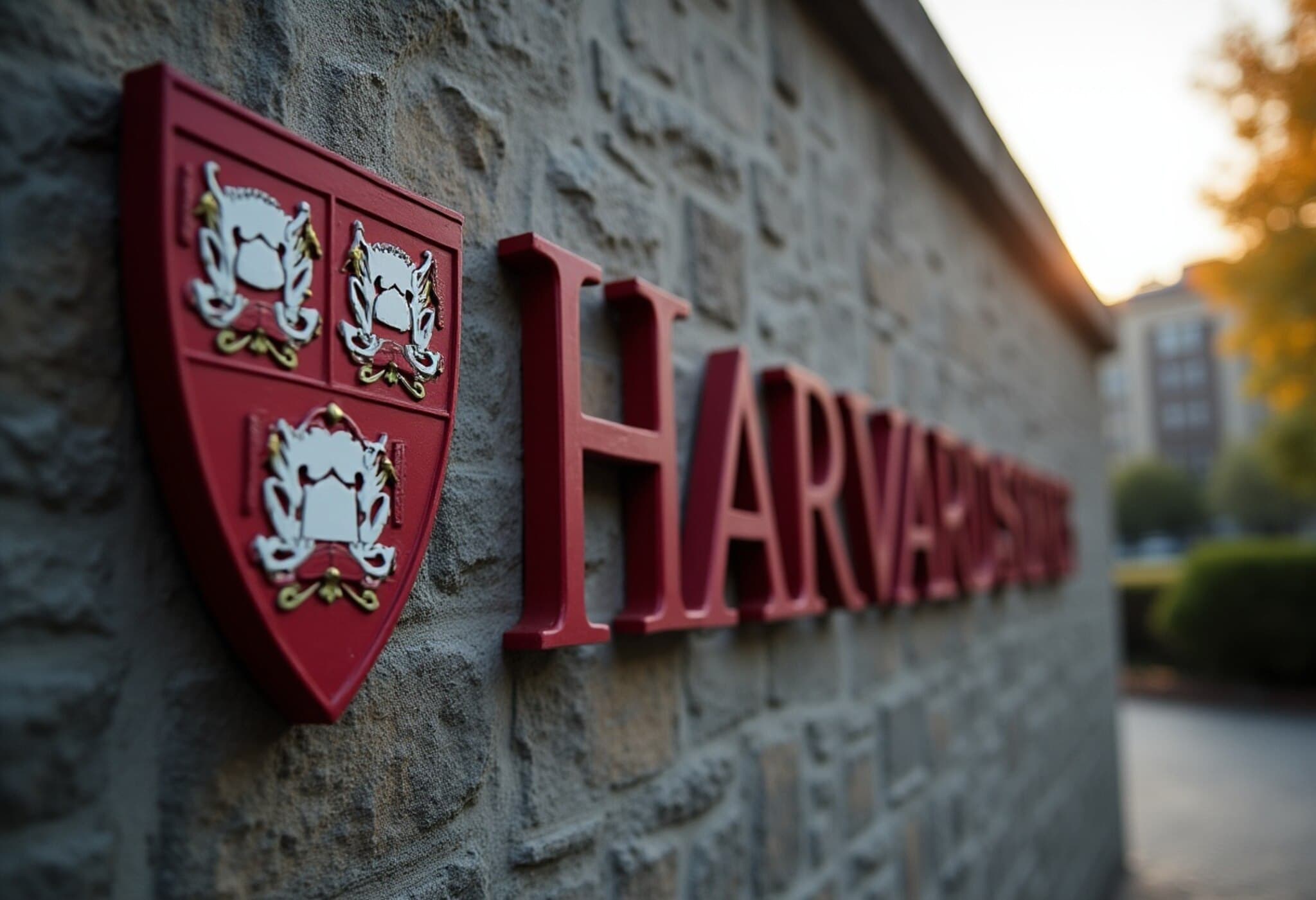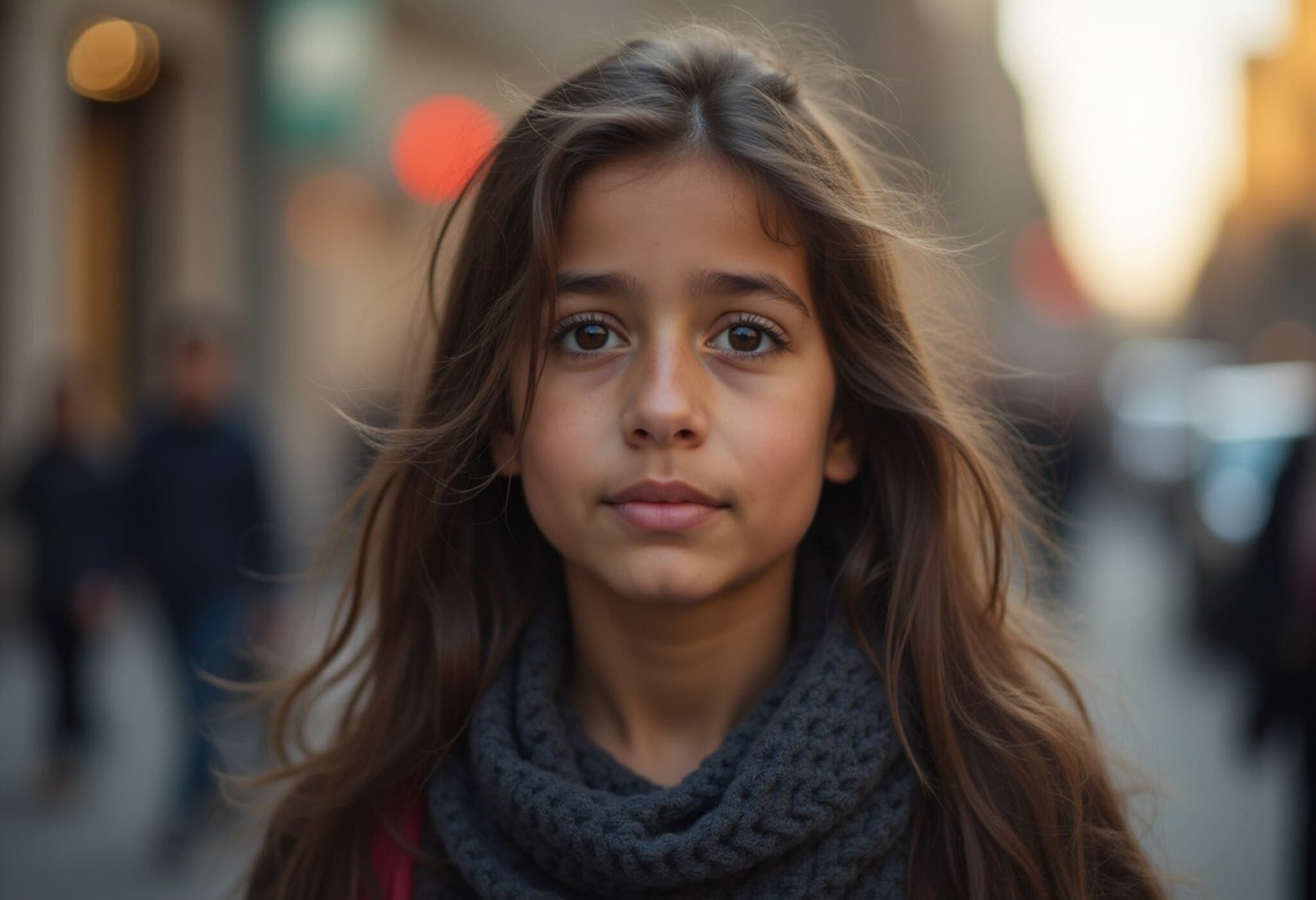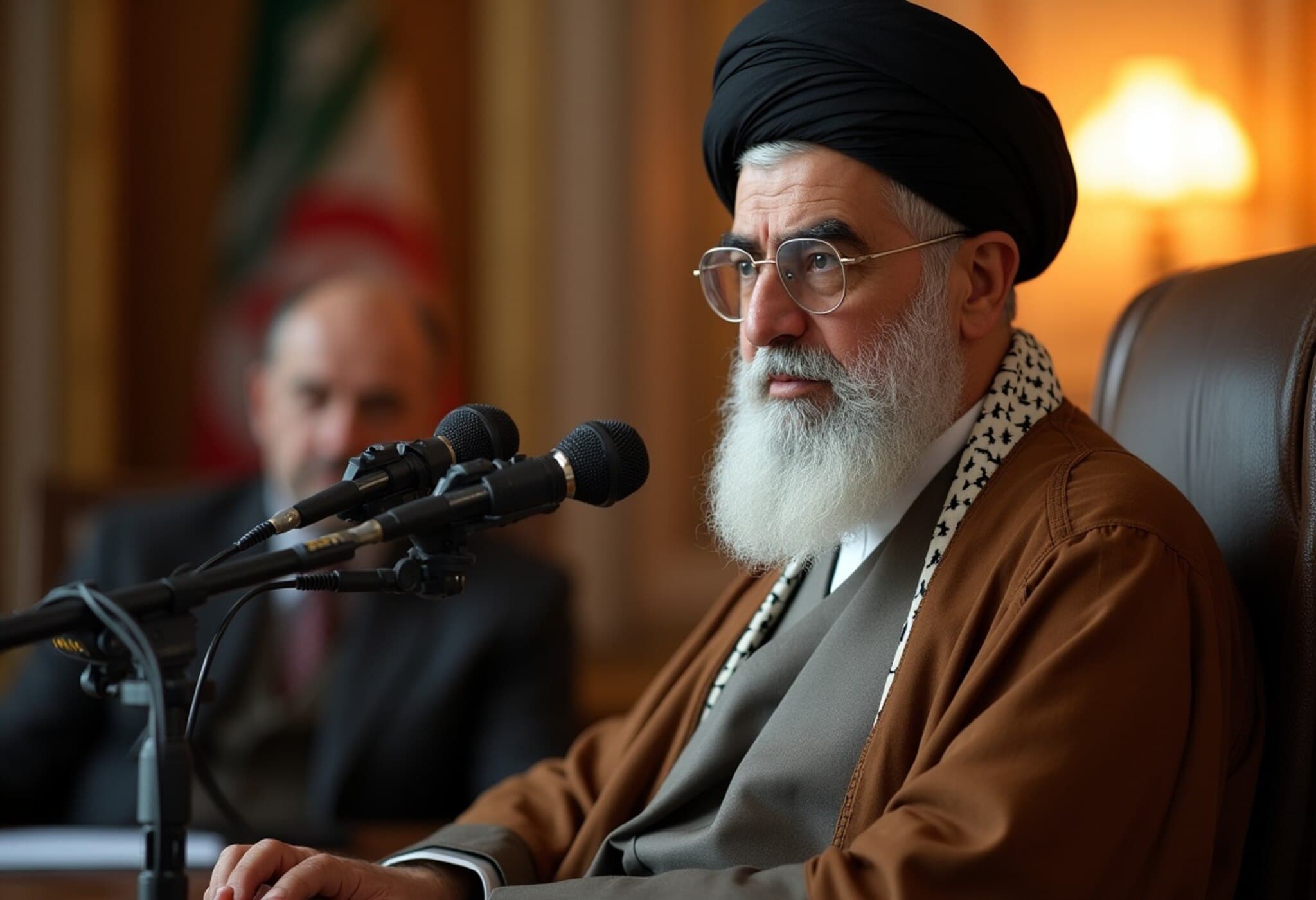University's Bra Policy Triggers Widespread Online Outcry
A recent policy enforced at Olabisi Onabanjo University (OOU) in Ogun state has sparked heated online debates after a video surfaced showing female staff physically checking female students for bras before exams. The footage, which has since garnered hundreds of thousands of views, ignited strong reactions across social media platforms.
The Controversial Checks: Harassment or Dress Code Enforcement?
The university's controversial directive requires female students to wear bras when attending exams. Staff members were seen touching students' chests to confirm compliance, a practice many critics describe as invasive and degrading.
Voices opposing the policy argue it constitutes a violation of privacy and human rights. One social media user posted, "This is harassment. People have different reasons for not wearing bras." Another called for legal action, denouncing it as an unacceptable breach of personal dignity.
Defenders and Justifications
On the other hand, some supporters insist that wearing bras in public spaces is standard and necessary. The students' union president, Muizz Olatunji, defended the policy as part of the university’s longstanding dress code aimed at fostering a respectful and distraction-free academic environment.
In a statement, Olatunji explained, "'No bra. No entry' is not a new policy at Olabisi Onabanjo University. The institution encourages modest dressing and discourages attire that may provoke unwanted attention."
He also noted ongoing discussions between the students' union and university officials to find alternative, more respectful methods to address dress code concerns.
Contextualizing the Dress Code within Nigeria's Cultural Landscape
Dress codes in Nigerian universities are common and often strict, prohibiting attire such as mini-skirts for women and certain hairstyles for men. Nigeria’s diverse religious and cultural makeup, predominantly Muslim and Christian populations, shapes conservative social attitudes, particularly regarding dress and conduct on campuses.
University’s Silence and Public Reaction
Despite the uproar, Olabisi Onabanjo University has yet to issue an official statement addressing the controversy. Meanwhile, the debate continues with polarized opinions on campus regulations versus personal freedoms.
What Lies Ahead?
The students' union’s willingness to engage with university authorities suggests that alternative approaches could soon emerge, balancing respect for individual rights with the institution's desire to maintain decorum.
In summary, the 'No Bra, No Entry' policy at OOU underscores the ongoing tension between traditional dress codes and evolving social expectations, highlighting the complex dialogue around gender, privacy, and institutional authority in Nigerian universities.

